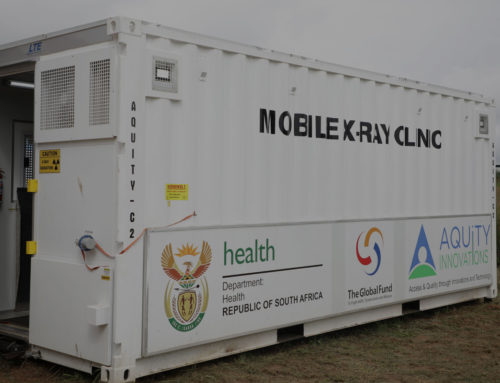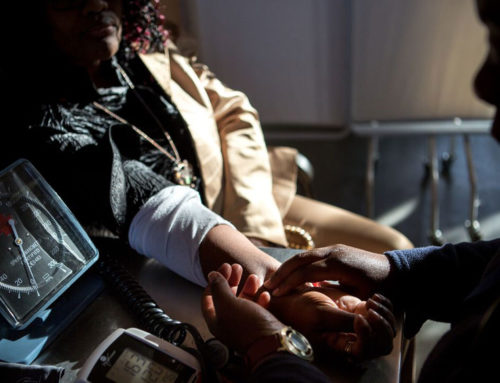South Africa is ranked fifth of the 22 high burden tuberculosis countries. Unless effective TB control is achieved quickly, South Africa will have 3.5 million new cases of TB and at least 90,000 TB related deaths over the next decade. Compounding the difficulty in combating TB is the pressure from other, associated epidemics such as HIV/AIDS. Increasingly, a new factor has been recognized which effects TB risk and treatment strategies: diabetes. Although there is little national data on the trends, there is evidence of an increase in the prevalence of diabetes among urban Africans. Today, the annual incidence of diabetes is estimated to be 5.5% among South Africans aged 30 years and older. This has important consequences for TB control, as people with diabetes have three times the risk of developing active TB than people without diabetes. Additional treatment complications are often experienced by co-infected TB and diabetic patients, which may go unaddressed as the patient is most often treated for both diseases separately.
University Research South Africa has been awarded a project by the World Diabetes Foundation to help address these issues in KwaZulu Natal Province. Through the two year project which starts in October 2012, AQUITY will work with the Provincial Department of Health and district and facility managers to improve integration of services for patients with TB and diabetes. The project will focus on improving the early detection of TB in persons with diabetes and diabetes in persons with TB; improving the quality of TB and diabetes treatment for identified diabetes-TB patients, and strengthen health information systems to capture and track data to continuously improving services for early detection and evidence-based care for persons with diabetes-TB.




